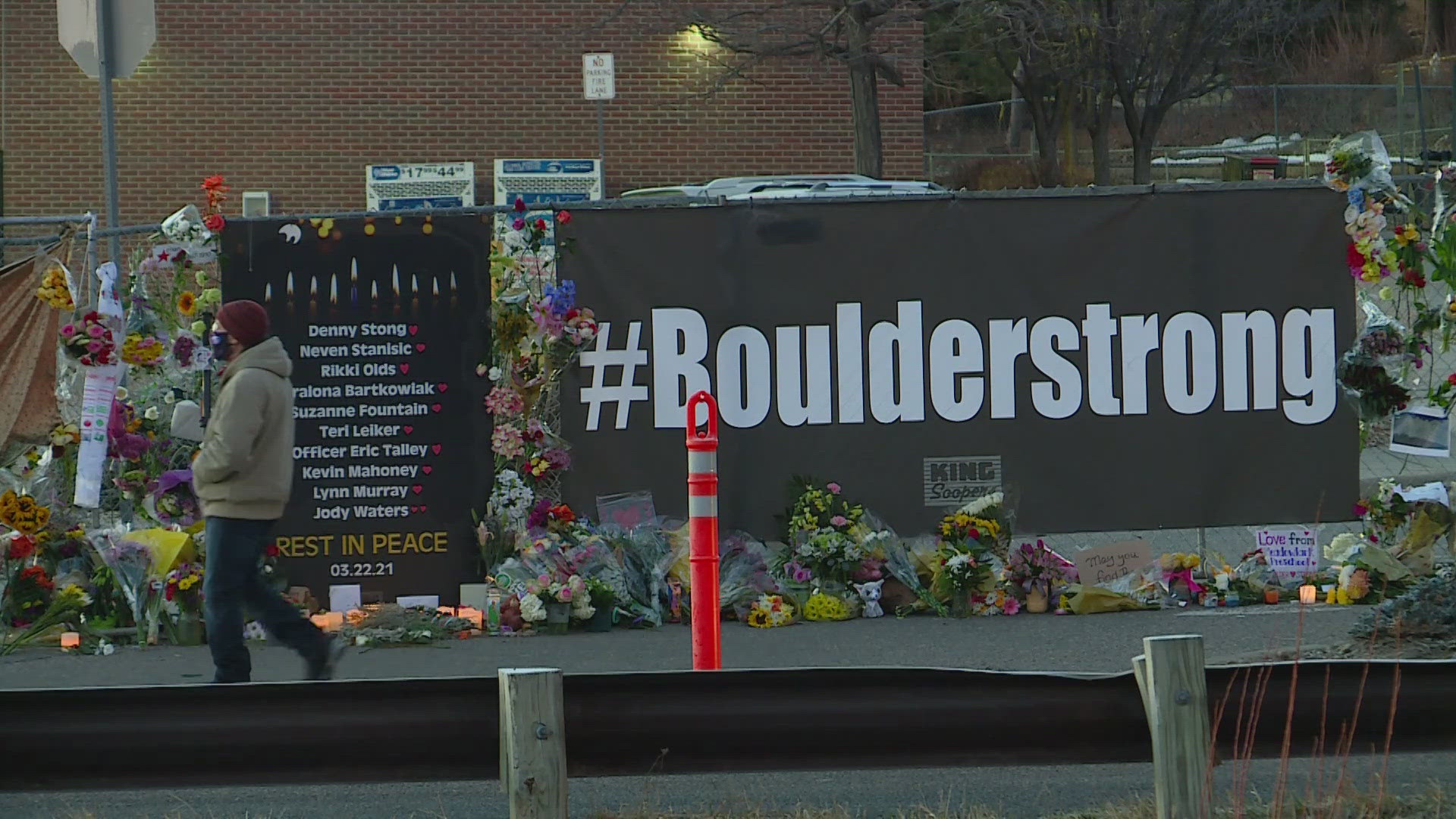BOULDER, Colo. — The journey from a mass shooting at a Boulder grocery store in March 2021 to this week’s guilty verdicts on 55 separate counts is a case study in the criminal justice system’s challenges when it comes to mentally ill suspects.
That 3½-year odyssey was largely a result of the fact that the shooter was mentally ill — prosecutors and defense attorneys alike acknowledged he has schizophrenia — and that court-appointed doctors concluded for nearly two years he wasn’t competent to stand trial for the King Soopers attack.
“We currently have people who are sitting in the Boulder County jail — and county jails throughout the state — who are supposed to be at the state hospital,” said Boulder County District Attorney Michael Dougherty. “A judge has literally ordered them to go to the state hospital, and they can't be transported there because the state hospital does not have the staff to take them in.”
In this case, that order came after defense attorneys raised the competency issue on Sept. 1, 2021.
To be competent to stand trial under Colorado law, defendants have to be able to understand the legal proceedings and assist in their own defense.
In this case, the shooter was held in county jails for months after being arrested inside the King Soopers — and during that time had no treatment or medication for his mental illness.
A 2019 agreement between a federal judge and the Colorado Department of Human Services called for dramatic reductions in the time it takes for doctors at the state hospital to admit and evaluate defendants whose competency is in question.
For instance, it required that the most seriously ill people be admitted within seven days and established annual goals. Failing to meet those goals allows the state to be fined up to $10 million a year — something that is happening annually.
“It's still a real problem,” said Dougherty, who led the prosecution of the King Soopers shooter. “You have individuals, the defendants, who are deteriorating and suffering as a result, you have cases being postponed indefinitely, and you have victims and their families really frustrated with the process.”
One such case involves a man named Austin Benson.
Douglas County sheriff’s deputies arrested him in 2018 after he was accused of firing at multiple people with a semi-automatic rifle. He was charged with multiple counts of attempted first-degree murder, but the case was repeatedly delayed after doctors concluded he was incompetent to go to trial.
Last fall — five years after his arrest and without ever being sent to the state hospital for treatment — the charges were dropped when a judge concluded there was little likelihood he could be restored to competency.
He’s now again facing attempted murder charges after being accused of shooting three people with the same rifle in June in an Aurora neighborhood.
“If we're housing people in the jails who have mental health disorders, who's making that decision?” Dougherty asked. “Because they really need care, they deserve care — and also for the prosecution to move forward, we want to make sure they're getting the best care and treatment.”

